Filter by
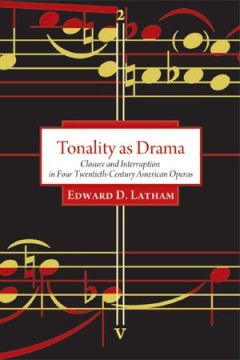
Tonality as Drama : Closure and Interruption in Four Twentieth-Century Americ…
This is an analytical monograph by a Schenkerian music theorist, but it is also written by one performer and enthusiast for another. Tonality as Drama draws on the fields of dramaturgy, music theory, and historical musicology to answer a fundamental question regarding twentieth-century music: why does the use of tonality persist in opera, even after it has been abandoned in other genres? Combin…
- Edition
- -
- ISBN/ISSN
- 9781574412499
- Collation
- 224 halaman
- Series Title
- -
- Call Number
- 700 LAT t
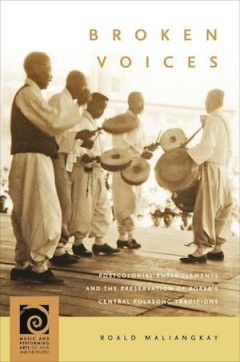
Broken Voices : Postcolonial Entanglements and the Preservation of Korea's Ce…
Broken Voices' is the first English-language book on Korea's rich folksong heritage, and the first major study of the effects of Japanese colonialism on the intangible heritage of its former colony. In 2009, many Koreans reacted with dismay when China officially recognized the folksong 'Arirang', commonly regarded as the national folksong in North and South Korea, as part of its national intang…
- Edition
- -
- ISBN/ISSN
- 9780824878337
- Collation
- 264 halaman
- Series Title
- -
- Call Number
- 700 MAL b
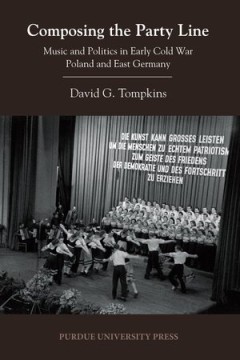
Composing the Party Line : Music and Politics in Early Cold War Poland and Ea…
Examines the exercise of power in the Stalinist music world as well as the ways in which composers and ordinary people responded to it. A comparative inquiry into the relationship between music and politics in the German Democratic Republic and Poland from the aftermath of World War II through Stalin's death in 1953, concluding with the slow process of de-Stalinization in the mid-to-late 1990s.…
- Edition
- -
- ISBN/ISSN
- 9781557537027
- Collation
- -
- Series Title
- Central European Studies
- Call Number
- 700 TOM c
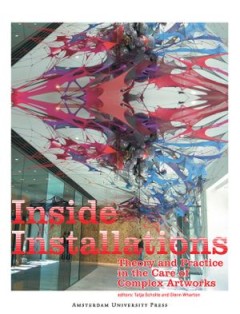
Inside Installations
Anything is possible in installation art. The typically short lifespan of the materials and techniques used and the intended experience can be endless, often to the despair of the custodian of the work. The processes involved in preserving this complex form of art, reinstalling it, finding ways to recreate the experience over and again, as well as the decisionmaking that underlies these process…
- Edition
- -
- ISBN/ISSN
- 9789048513659
- Collation
- -
- Series Title
- -
- Call Number
- 709.04 WHA i
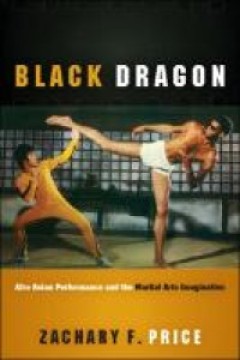
Black Dragon : Afro Asian Performance and the Martial Arts Imagination
In Black Dragon, Zachary F. Price illuminates martial arts as a site of knowledge exchange between Black, Asian, and Asian American people and cultures to offer new insights into the relationships among these groups. Drawing on case studies that include Kareem Abdul-Jabbar’s appearance in Bruce Lee’s film Game of Death, Ron Van Clief and the Black Panther Party for Self-Defense, the Wu-Tang…
- Edition
- -
- ISBN/ISSN
- 9780814214602
- Collation
- 240 halaman
- Series Title
- Black Performance and Cultural Criticism
- Call Number
- 700 PRI b

Principia Designae -- Pre-Design, Design, and Post-Design; Social Motive for …
Menjelaskan bagaimana fase pra dan pasca desain ditangkap dan dimodelkan, Mengilustrasikan hubungan antara sains & teknologi dan budaya dalam perspektif desain yang luas. Banyak negara telah berhasil mengembangkan masyarakat berteknologi tinggi. Namun, masih ada beberapa masalah utama yang tidak dapat dijelaskan dalam kerangka penelitian atau metodologi desain konvensional. Dengan kata lain, ad…
- Edition
- -
- ISBN/ISSN
- 978-4-431-54403-6
- Collation
- -
- Series Title
- -
- Call Number
- 740 TAU p

Beyond Autonomy in Eighteenth-Century British and German Aesthetics
This volume re-examines traditional interpretations of the rise of modern aesthetics in eighteenth-century Britain and Germany. It provides a new account that connects aesthetic experience with morality, science, and political society. In doing so, it challenges long-standing teleological narratives that emphasize disinterestedness and the separation of aesthetics from moral, cognitive, and pol…
- Edition
- -
- ISBN/ISSN
- 9781000077247
- Collation
- 314 halaman
- Series Title
- -
- Call Number
- 700 BEY
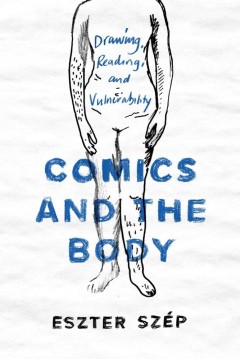
Comics and the Body : Drawing, Reading, and Vulnerability
Eszter Szép’s Comics and the Body is the first book to examine the roles of the body in both drawing and reading comics within a single framework. With an explicit emphasis on the ethical dimensions of bodily vulnerability, Szép takes her place at the forefront of scholars examining comics as embodied experiences, pushing this line of inquiry into bold new territory. Focusing on graphic aut…
- Edition
- -
- ISBN/ISSN
- 9780814214541
- Collation
- -
- Series Title
- -
- Call Number
- 741.5 Sze c

Bio-based Building Skin
This book provides a compendium of material properties, demonstrates several successful examples of bio-based materials’ application in building facades, and offers ideas for new designs and novel solutions. It features a state-of-the-art review, addresses the latest trends in material selection, assembling systems, and innovative functions of facades in detail. Selected case studies on build…
- Edition
- -
- ISBN/ISSN
- 978-981-13-3747-5
- Collation
- -
- Series Title
- -
- Call Number
- 720 SAN b
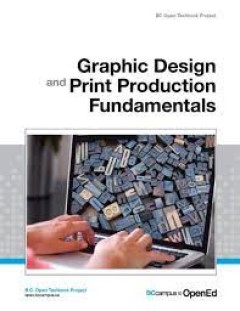
Graphic Design and Print Production Fundamentals
This textbook is written by a group of select experts with a focus on different aspects of the design process, from creation to production.Traditionally referred to as graphic design, communication design is the process by which messages and images are used to convey information to a targeted audience. It is within this spectrum that this textbook addresses the many steps of creating and then p…
- Edition
- -
- ISBN/ISSN
- -
- Collation
- -
- Series Title
- -
- Call Number
- 741.6 COL g
 Computer Science, Information & General Works
Computer Science, Information & General Works  Philosophy & Psychology
Philosophy & Psychology  Religion
Religion  Social Sciences
Social Sciences  Language
Language  Pure Science
Pure Science  Applied Sciences
Applied Sciences  Art & Recreation
Art & Recreation  Literature
Literature  History & Geography
History & Geography